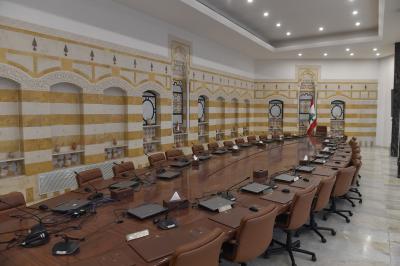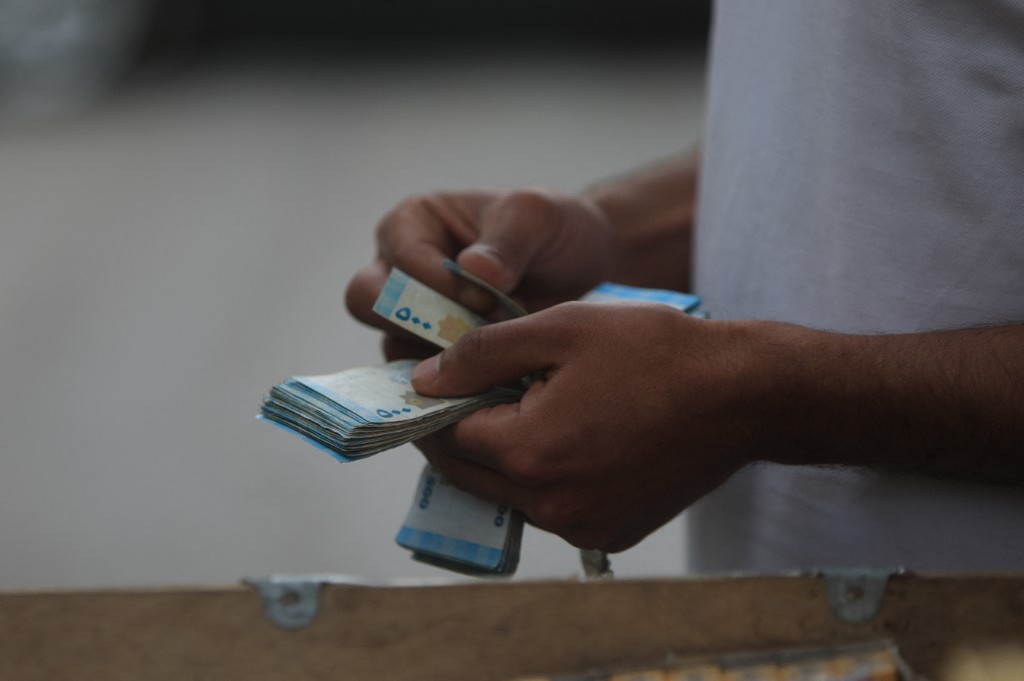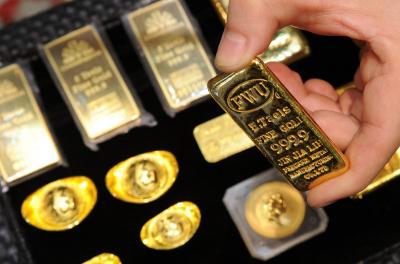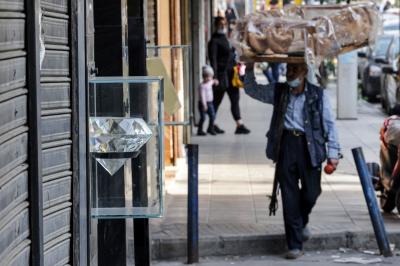U.S. President Donald Trump's decision to lift sanctions on Syria has reignited hope for a promising social and economic future for the Syrian people. The move is also expected to yield positive repercussions for neighboring countries in the short and medium terms. However, over the long run, Syria could emerge as a fierce economic competitor to Lebanon, which remains mired in a multi-faceted crisis, especially if Lebanese authorities continue to fail in implementing vital reforms.
The sheer scale of Lebanon's compounded economic crisis has left deep scars across its economic engine, financial system, banking and monetary sectors, and even its social fabric. These repercussions have only worsened amid the prolonged political paralysis.
Economic Competition on the Horizon
Despite the election of a sovereign president known for his integrity and the formation of a new government, progress remains sluggish. Economic reforms are being implemented at a glacial pace, and the government has failed to meet the demands of the international community, undermining Lebanon’s ability to exercise any significant regional economic influence. The country’s historic pillars of strength — such as its banking sector and its role as a regional hub for trade and services — have sharply eroded. The Beirut Port explosion, waning investment, and deteriorating infrastructure have only deepened the decline.
According to Trump, the economic sanctions on Syria were lifted at the request of Saudi Crown Prince Mohammed bin Salman. This has ushered in a new chapter for Syria, with a brighter outlook that hinges on the state regaining control over arms and securing backing from at least three regional players: Saudi Arabia, Qatar, and Turkey. The result is a powerful investment engine poised to touch virtually every sector — from infrastructure and services to oil, industry, and agriculture.
Recently, Syria signed an $800 million deal with the United Arab Emirates to rehabilitate the Port of Tartus, a serious rival to Beirut's port. Rebuilding Syria is expected to require over $400 billion in investment — a massive undertaking that signals Syria’s potential to challenge Lebanon’s historical strategic economic role. While economic interaction, competition, and cooperation between a “recovering” Syria and a “struggling” Lebanon remain possible, Syria’s trajectory could gradually eclipse Lebanon’s position.
Trade Routes Reimagined
Historically, Lebanon served as the Arab world's gateway, with its transit trucks and exports (including oil and goods) crossing Syria, a critical land bridge to Arab markets like Jordan, Iraq, and the Gulf states.
Lifting sanctions and rehabilitating Syria’s trade routes will allow Lebanon to resume its access to Arab markets, benefiting both nations. Lebanon will see a rise in exports, while Syria will generate revenue through transit fees and its revitalized transportation sector.
Yet, this cooperation may also breed fierce competition over who can offer more efficient and cost-effective logistics services. The development of key ports and border infrastructure will be crucial in determining the outcome of this looming contest.
The Reconstruction Race
The massive scale of reconstruction needed in Syria presents a competitive arena. In normal times, foreign companies would have likely selected Lebanon, Syria’s geographically closest neighbor with a strong banking sector and operational infrastructure, as a logistical base to support rebuilding efforts.
However, Lebanon’s economic meltdown has altered that projection. Lebanese construction and engineering firms may now find themselves directly competing with Syrian companies and regional players. Success in this high-stakes competition will depend on firms’ ability to secure funding, demonstrate expertise, and navigate complex regulatory environments.
The rehabilitation of Syrian ports will also gradually reduce the need for Lebanese port services, particularly Beirut’s port, where stalled development continues to cost Lebanon billions in economic losses.
Cooperation and Competition in Energy
Lebanon has long faced complex challenges in providing electricity, especially due to the monopolistic grip of Électricité du Liban (EDL). Proposals had surfaced to import gas from Egypt to power Lebanese plants and electricity from Jordan via Syria. But U.S. sanctions and Lebanon’s failure to enact necessary reforms brought those projects to a halt.
Now, with sanctions lifted, these energy initiatives are expected to resurface, representing a point of cooperation that could benefit both Lebanon and Syria.
Still, fierce competition looms over oil and gas pipelines that could link the Gulf and Iraq to the Levant. Iraq and Syria are already in talks to reopen the Kirkuk-Baniyas pipeline — a major blow to the possibility of reviving the line to Tripoli’s refinery in Lebanon.
To add to Lebanon’s woes, American companies may soon begin offshore oil and gas exploration off Syria’s coast, allowing Syria to get a head start on extracting and investing its resources into reconstruction.
Tourism Potential Shifts
Lebanon has long been hailed as a top tourist destination in the region, celebrated for its stunning landscapes, vibrant nightlife, and rich historical sites. This allure historically drew large numbers of tourists.
However, that narrative may be changing. As Syria stabilizes and recovers, it is poised to reemerge as a compelling tourist destination, thanks to its ancient history and cultural wealth.
The Syrian Labor Force
Syrian labor has traditionally flowed into Lebanon, creating a mutually beneficial dynamic. But with Syria’s stabilization, competition for Syrian labor is expected to intensify, especially in sectors like construction, agriculture, industry, and services, where Lebanon historically relies on 300,000 to 400,000 workers.
Who Will Win the Economic Race?
Syria will not achieve full economic recovery unless its new leadership successfully disarms militias, protects minorities, and fosters inclusive governance. As for Lebanon, its key challenges lie in ensuring that weapons are held solely by the state and in implementing profound structural reforms.
The country that manages to overcome these challenges first will gain an edge in the unfolding economic race.
If Syria rises to the challenge while Lebanon falters, Syria will become a major regional economic player — one that Lebanon will struggle to compete with. Although the lifting of U.S. sanctions may serve as a lifeline for the Syrian economy, it is unlikely to instantly transform Syria into a dominant regional power.
Meanwhile, Lebanon has no alternative but to implement reforms — and to do so swiftly.
Please post your comments on:
[email protected]
 Politics
Politics












